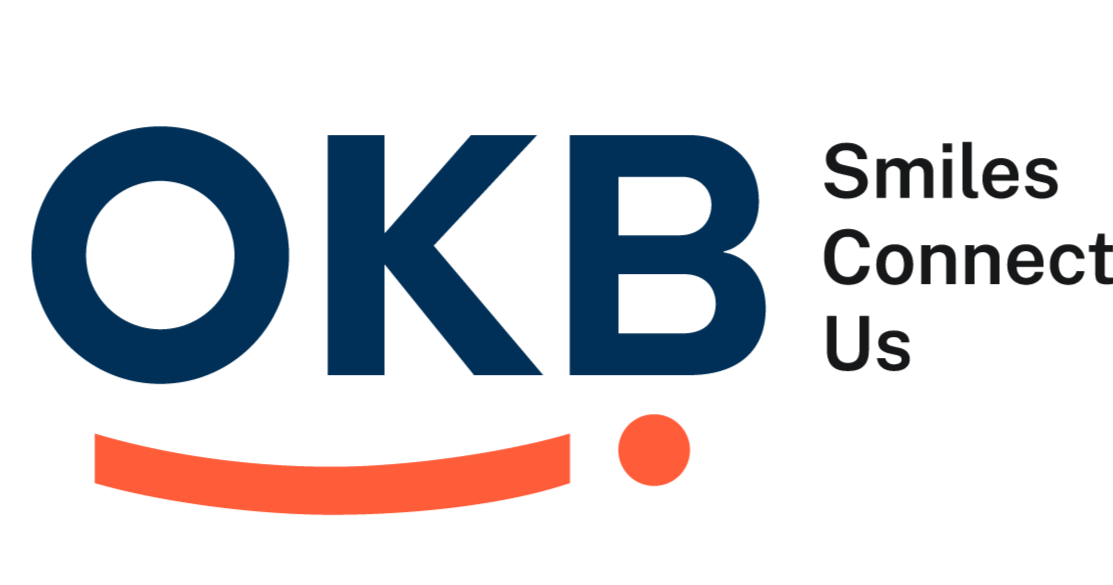Hearing aids are no longer a one-size-fits-all solution. With the introduction of over-the-counter (OTC) hearing aids in the United States, adults with mild-to-moderate hearing loss now have more choices than ever. But with choice comes confusion: Should you buy OTC hearing aids, or are prescription hearing aids still the better option?
This guide breaks down the differences between OTC and prescription devices, explains the pros and cons of each, and helps you decide which solution is right for your lifestyle, budget, and hearing needs.
What Are OTC Hearing Aids?
OTC hearing aids are FDA-approved devices designed for adults (18+) with perceived mild-to-moderate hearing loss. Unlike prescription hearing aids, they do not require a hearing test, medical evaluation, or fitting by an audiologist.
-
Availability: Sold online, in pharmacies, and big-box retailers.
-
Self-fitting: Users program and adjust the devices themselves, often using a smartphone app.
-
Cost: Typically $200–$1,000 per pair, depending on brand and features.
-
Best for: Adults who notice some difficulty in conversations, especially in noisy environments, but do not have severe hearing loss or complex medical needs.
What Are Prescription Hearing Aids?
Prescription hearing aids are custom-fit medical devices provided after a professional hearing evaluation. An audiologist or hearing care specialist tailors them to the exact degree and configuration of your hearing loss.
-
Availability: Purchased through hearing clinics or specialized providers.
-
Fitting process: Involves diagnostic hearing tests, ear impressions, and personalized programming.
-
Cost: Typically $2,000–$6,000 per pair, often bundled with professional services (fittings, adjustments, follow-up care).
-
Best for: People with moderate-to-severe hearing loss, or those who want professional support and advanced features.
Key Differences Between OTC and Prescription Hearing Aids
| Feature | OTC Hearing Aids | Prescription Hearing Aids |
|---|---|---|
| Access | Buy online or in-store, no test required | Must be prescribed by audiologist |
| Cost | $200–$1,000 per pair | $2,000–$6,000 per pair |
| Fitting | Self-fit, usually via app | Professionally tested and programmed |
| Customization | Limited sound adjustments | Highly personalized to hearing profile |
| Support | Minimal customer service | Full audiology care & follow-up |
| Best for | Mild-to-moderate hearing loss | Moderate-to-severe or complex hearing loss |
Pros and Cons of OTC Hearing Aids
Pros
-
Affordable compared to prescription models.
-
Widely accessible without appointments.
-
Convenient for tech-savvy users.
-
Good entry-level option for first-time users.
-
Immediate purchase and use.
Cons
-
Limited customization — may not match your exact hearing profile.
-
Risk of improper fit or under-correcting hearing loss.
-
Lack of professional guidance can make troubleshooting difficult.
-
Not suitable for children or those with severe hearing loss.
Pros and Cons of Prescription Hearing Aids
Pros
-
Precisely tailored to your unique hearing loss.
-
Access to advanced features: Bluetooth, tinnitus masking, directional microphones.
-
Professional support ensures ongoing adjustments and education.
-
Better outcomes for speech clarity and comfort in complex environments.
Cons
-
Significantly more expensive.
-
Requires time for testing, appointments, and fittings.
-
Less convenient if you prefer DIY solutions.
Who Should Choose OTC Hearing Aids?
OTC hearing aids may be right if you:
-
Struggle with mild hearing challenges (TV, conversations in noise).
-
Are comfortable using smartphone apps.
-
Want a lower-cost introduction to hearing technology.
-
Prefer to avoid clinical appointments.
Who Should Choose Prescription Hearing Aids?
Prescription devices are a better fit if you:
-
Have moderate-to-severe or asymmetric hearing loss.
-
Need professional guidance for health-related causes (e.g., wax buildup, infections, nerve damage).
-
Want maximum clarity in work, social, or family communication.
-
Value long-term care, warranty, and expert adjustments.
Cost Comparison
-
OTC: $200–$1,000 (out-of-pocket, often no insurance coverage).
-
Prescription: $2,000–$6,000 (may include services, some insurance coverage for diagnostics).
Performance and Technology Features
OTC Hearing Aids
-
Basic sound amplification.
-
Some models include rechargeable batteries, Bluetooth streaming, or noise reduction.
-
Limited customization beyond preset programs.
Prescription Hearing Aids
-
Advanced digital processing with AI-based adjustments.
-
Directional microphones for noisy restaurants or meetings.
-
Tinnitus therapy features.
-
Seamless Bluetooth connectivity with phones, TVs, and laptops.
-
Teleaudiology support in some clinics.
Comfort and Fit
-
OTC aids: Typically “one-size-fits-most.” They may feel bulky or fall out if your ear canal shape isn’t standard.
-
Prescription aids: Custom-molded to your ear for superior comfort, stability, and discreet design.
Hearing Health Considerations
An important note: Not all hearing loss is the same. Sometimes hearing difficulties stem from medical conditions such as ear infections, impacted wax, or sudden sensorineural hearing loss — all of which require professional evaluation.
-
OTC devices should not be used if you experience sudden loss, pain, drainage, or dizziness.
-
Audiologists can identify underlying issues and prevent further damage.
FAQs
Q: Are OTC hearing aids as effective as prescription hearing aids?
A: They can be effective for mild-to-moderate hearing loss but lack the precision and support of prescription models.
Q: Do I need a hearing test before buying OTC hearing aids?
A: No, but it’s strongly recommended to confirm your level of hearing loss.
Q: Can I upgrade from OTC to prescription later?
A: Yes. Many people try OTC first, then move to prescription aids if their needs grow.
Q: Do insurance plans cover OTC hearing aids?
A: Generally, no. Some insurance may cover diagnostic tests or part of prescription devices.
Conclusion: Making the Right Choice
Choosing between OTC and prescription hearing aids depends on your budget, lifestyle, and hearing needs.
-
OTC aids are best for adults with mild-to-moderate hearing loss who want an affordable, accessible, and DIY solution.
-
Prescription aids remain the gold standard for those needing advanced customization, support, and powerful features.
Ultimately, the right device is the one that improves your communication, confidence, and quality of life. If you’re unsure, start with a professional hearing test to understand your options.






Share:
Do Noise-Canceling Headphones Protect Hearing?
OKB Hearing Aids vs Generic OTC: What Makes the Difference?